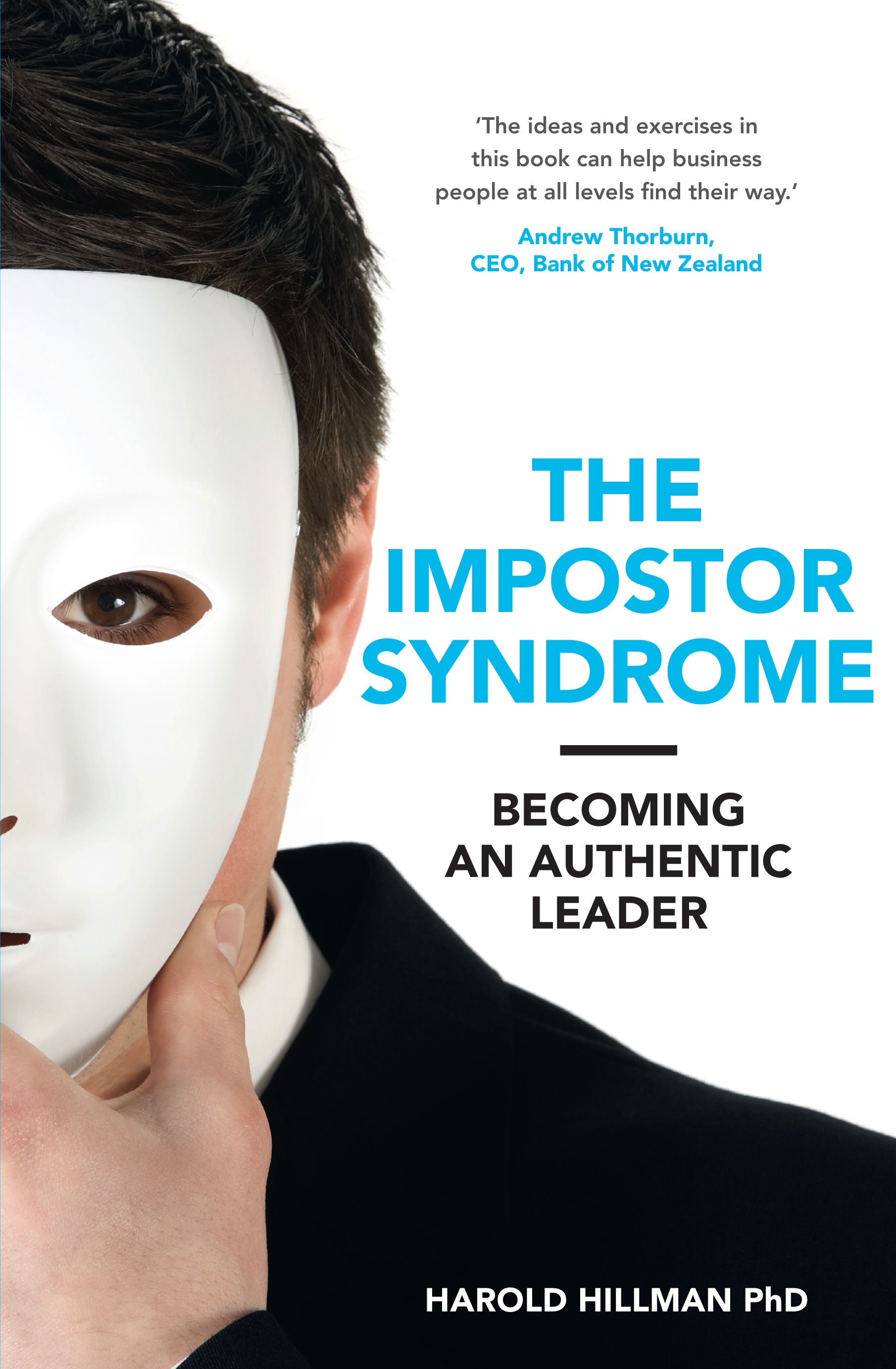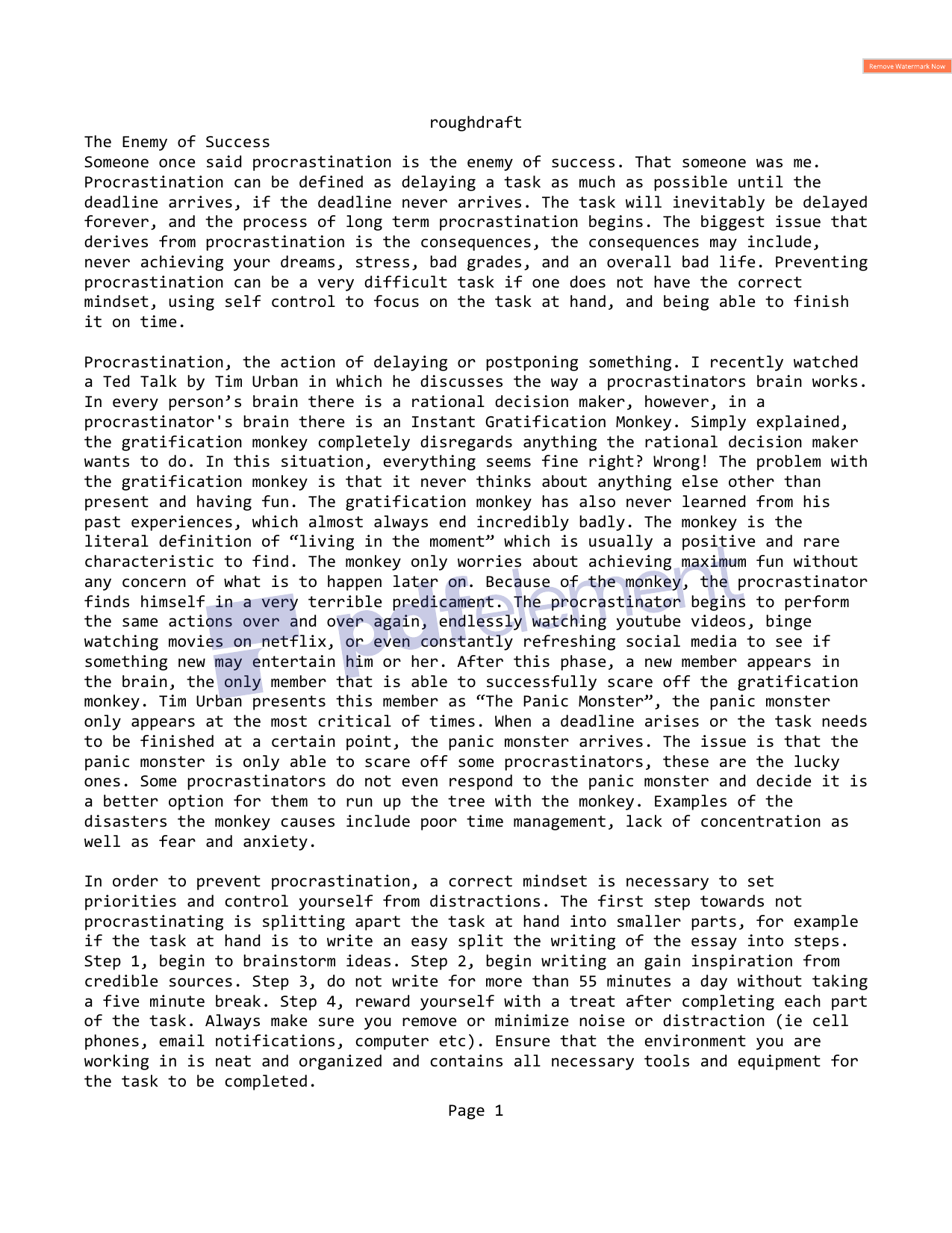In today's fast-paced world, many individuals struggle with mental and emotional challenges that affect their daily lives. Among these, procrastination, emotional dependency, and impostor syndrome are some of the most common challenges. What can you do to break free from these patterns?
In this guide, we will explore the root causes and strategies to address these three challenges. By understanding their impact and learning to manage them effectively, you can take control of your life.
What is Procrastination?
Procrastination refers to postponing important activities even when you are aware of the consequences. This behavior is frequently linked to emotional or psychological factors, such as anxiety or self-doubt.

When procrastination takes over, can be far-reaching. Overcoming procrastination requires practicing self-discipline and breaking tasks into smaller steps. Consider o que é procrastinação techniques like the síndrome da impostora Pomodoro Technique or setting realistic deadlines to stay on track.
The Nature of Emotional Dependency
Emotional dependency is a state where a person depends excessively on external relationships to fulfill their emotional needs. While human connection is essential, emotional dependency can become unhealthy when self-esteem is tied solely to others’ approval.

Symptoms often include a fear of rejection, difficulty making decisions independently, and an overwhelming need for reassurance. Breaking free from this pattern, it’s crucial to build self-confidence and cultivate self-reliance. Therapy, mindfulness practices, and journaling can provide significant support.
Recognizing and Managing Impostor Syndrome
Impostor syndrome is the persistent belief where individuals doubt their accomplishments despite evident success. Those affected tend to undermine their abilities rather than skill or effort.

This mindset can lead to anxiety, self-doubt, and a fear of being “exposed”. Addressing this issue involves challenging self-critical beliefs and acknowledging personal successes. Seeking feedback from trusted peers and setting realistic expectations can also help you build confidence.
How to Address These Challenges?
Here are some practical steps:
- Develop structured daily plans and break larger tasks into smaller milestones.
- Recognize triggers that contribute to your emotional reliance and work towards independence.
- Practice gratitude to counter impostor syndrome and seek professional guidance if needed.
síndrome do impostor
Long-term improvement requires persistence, so stay committed to these approaches to achieve lasting transformation.
Conclusion: Taking the First Step
Procrastination, emotional dependency, and impostor syndrome can feel overwhelming, but they are manageable with the right strategies. By understanding their roots and applying effective techniques, you pave the way for a healthier, more fulfilling life.
Take the first step by acknowledging where you stand and implementing small but meaningful changes. Always keep in mind: progress is a journey, not a destination.